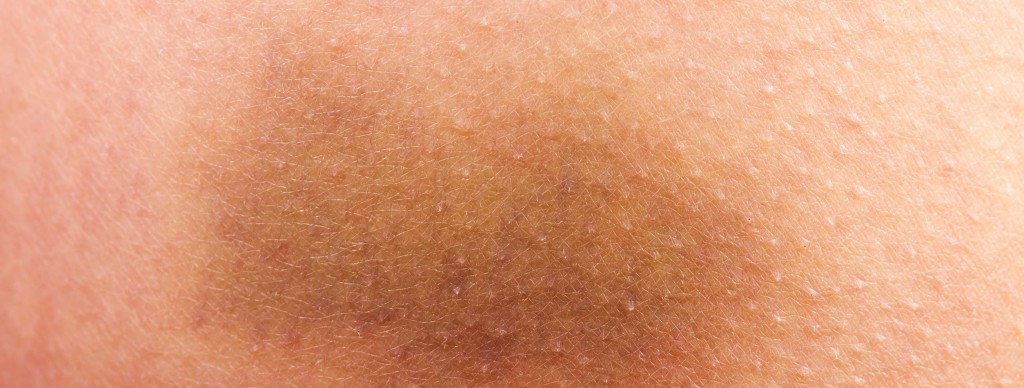How to Treat a Hematoma After Spine Surgery
Category: Spine Surgery | Author: Stefano Sinicropi
Hematomas are collections of clotted blood outside of blood vessels. They can occur for multiple reasons, including surgery. Typically they are no great cause for concern, but in some cases, they need to be addressed by your surgeon after your procedure. This article will define what exactly a hematoma is, and discuss the dangers of a hematoma after a minimally invasive spine surgery.
What is a Hematoma?
A hematoma occurs when blood collects outside of a blood vessel, typically as the result of damage to the blood vessel, artery, or vein. Hematoma can be caused by many things, including:
- Acute injury and trauma – slip & falls, car accidents, broken bones, sporting injuries, etc.
- Medication that thins the blood.
- Certain diseases that impact blood count (includeing thrombocytopenia).
When blood moves into areas where it doesn’t belong (into the tissues surrounding the blood vessels), the patient can experience pain, inflammation, swelling, and redness. Hematomas are similar to bruises and contusions, but not identical. Bruises are generally more flat, while hematomas are rounded and spherical. Hematomas can also occur in the internal organs (such as the brain), while bruises and contusions merely exist under the skin.
Hematoma after Spine Surgery
Hematomas can form after surgery (all surgical procedures involve some degree of trauma, after all). Generally, surgical hematomas form near the surgical site. If a hematoma develops, you may notice some additional pain, discomfort, or swelling.
In most cases, surgical hematomas will heal on their own given enough time. However, they can potentially cause serious issues and should be examined by your surgeon. If your surgeon determines that the hematoma is large and may cause additional problems, they will likely recommend reopening the surgical incision and draining out the excess blood. Whatever you do, do NOT try to drain a hematoma on your own at home. Always visit a qualified medical professional to avoid infections and scarring from the hematoma.
